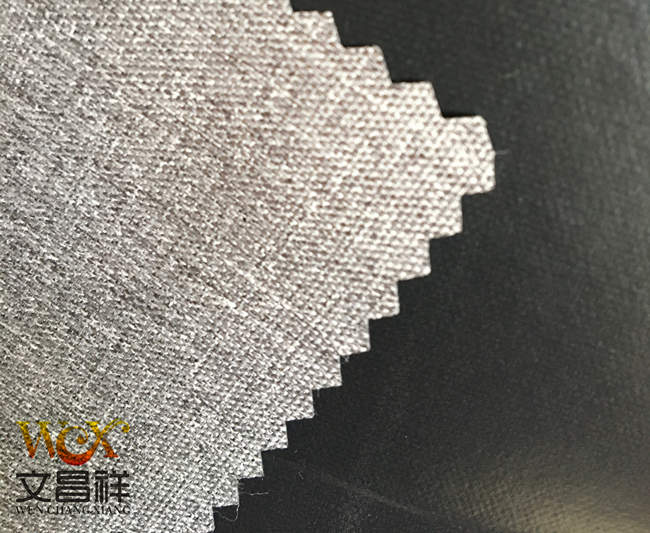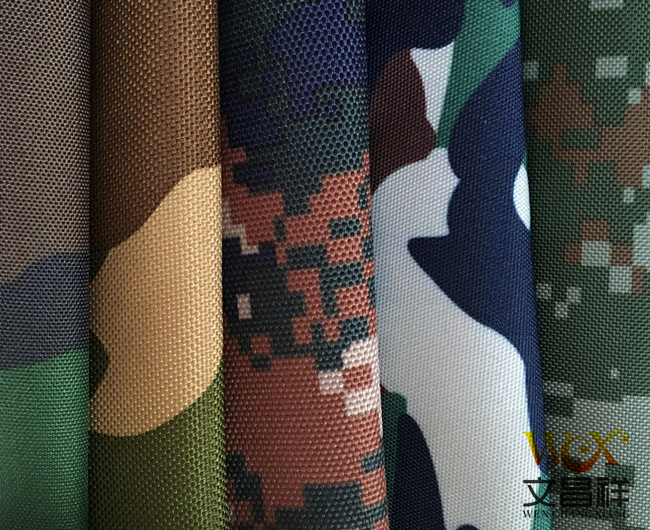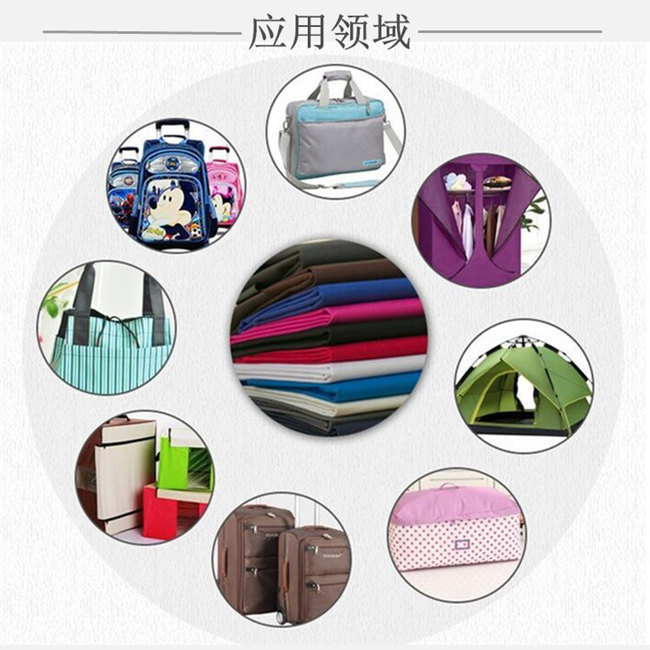A tent can be divided into several parts. According to the materials, it is composed of outer tent, inner tent, base material and poles. A wild camping tent not only depends on how many people it can accommodate, but also whether its quality is durable and whether it can withstand wind and rain when encountering bad weather. A tent can be made from a variety of oxford fabric combinations.

The outer account is generally made of 420D Oxford cloth. After being treated with PU, PVC, silver coating, waterproofing, etc., the waterproof coefficient can reach 3000MM, and has good waterproof performance.
The inner tent is usually made of 210D Oxford cloth, which has good breathability and certain thermal insulation capabilities. If it is just to prevent mosquitoes, then gauze is enough, and high-density gauze is better.
Regarding the tent bottom fabric, its main functions are waterproof, moisture-proof, mildew-proof and dust-proof. The waterproof performance and wear-resistance requirements of the bottom Oxford cloth are relatively biased. high. PU Oxford cloth has much better wear resistance and waterproofness than PE base material. It has high cost performance and good waterproof performance.

Polyester is thin and light, has high strength, good elasticity, wear resistance and corrosion resistance, and is suitable for mountaineering and hiking campers. Oxford cloth is thick but heavy, suitable for making large tents for driving camping or small groups.

Oxford cloth specifications: 1680D, 1200D, 900D, 600D, 420D, 300D, 210D, 150D, etc. Oxford cloth functional classification: flame retardant Oxford cloth, waterproof Oxford cloth, PVC Oxford cloth, PU Oxford cloth, camouflage Oxford cloth, fluorescent Oxford cloth, printed Oxford cloth, composite Oxford cloth, etc.
</p







